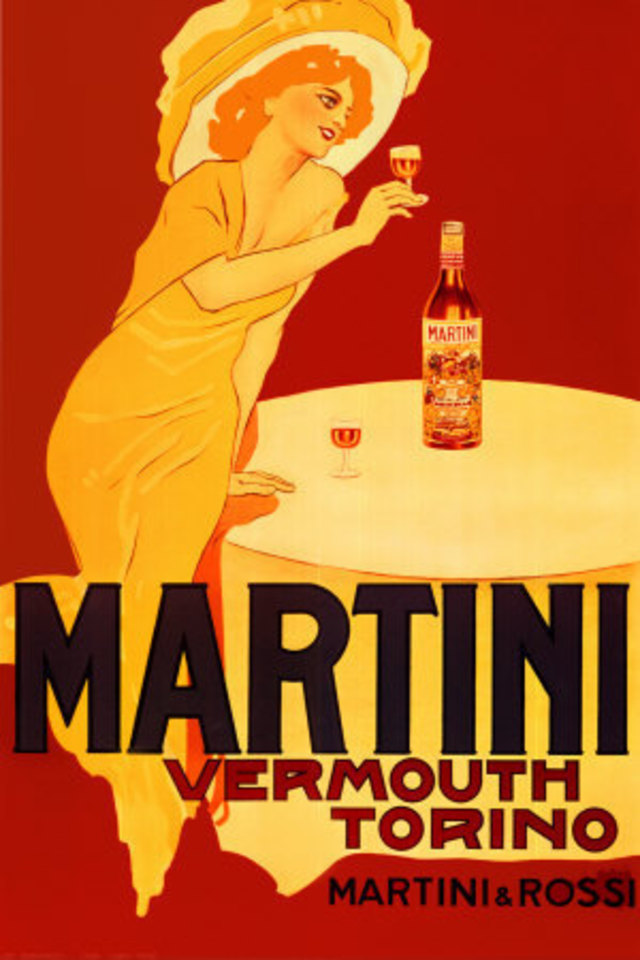What, exactly, is a martini?

A Twitter conversation about martinis recently led Chef Becky Selengut, founder of indispensible web site Seasonal Cornucopia, to ask the following: “People have told me that the vermouth was old school to hide bad gin, not necessary with the good stuff. Thoughts?”
Well.
What constitutes a martini is one of those questions. The kind that makes enemies out of closest friends, spurs peaceful nations to rise up against one another.
Not that that stopped me from pursuing it.
I was under the impression that a true martini must be made from gin not vodka, and include some quantity of vermouth (which is another whole thing, but we’ll get to that.) But I wanted to know for sure, so I went to one of Seattle’s true gin experts, Erik Chapman of Sun Liquor, and asked him to weigh in.
Here’s what he said:
"You just opened a can of worms (a huge one)! This is the short and sweet answer, hopefully it won’t send to many of my fellow Barmen into fits of rage.
It is my belief that the Martini evolved from the Martinez Cocktail (both cocktails have entirely too many variations through the years starting from when it was first printed in 1884. So I’ll generalize a Martinez Cocktail in this recipe:
1 dash Broker’s bitters (some use orange bitters and that tastes great)
2 dashes Maraschino
1 pony Old Tom gin (Plymouth Gin is very nice too)
1 wine-glass of vermouth (I like sweet or Italian vermouth)
a Garnish oflemon slice (Orange twist is nice too)
If a customer asks for a gin Martini, I make it the way it has evolved (from Martinez Cocktail to the Martine Cocktail to the Martini Cocktail to the Martini). That is: 1 part dry French vermouth, 2 parts gin, and an olive (or lemon twist if they ask for it).
But than there’s the whole question of what a “dry” Martini really is. It’s original concept meant to use French (dry) vermouth, London dry gin (in equal parts) and a couple of dashes of bitters (brokers or orange). These days if someone orders a “dry” martini, I will make it with less vermouth than a standard (it would be to hard to explain this to every person, every time a martini is ordered.
Especially because most people who order martinis think they know everything there is to know about the cocktail.
Than we get to the shake or stir thing: a shit-storm someone could write a book on….
But to get to your question:
-Yes it should have vermouth (which kind is up to you, both sweet and dry together is now called perfect ).
-If you use olives, use one (if you use a cocktail onion, it’s called a Gibson Cocktail, and still use one).
-If I make one for myself… I make a Martinez (and I stir it).”
So there you have it. Now, I want to know: What’s in your martini?
